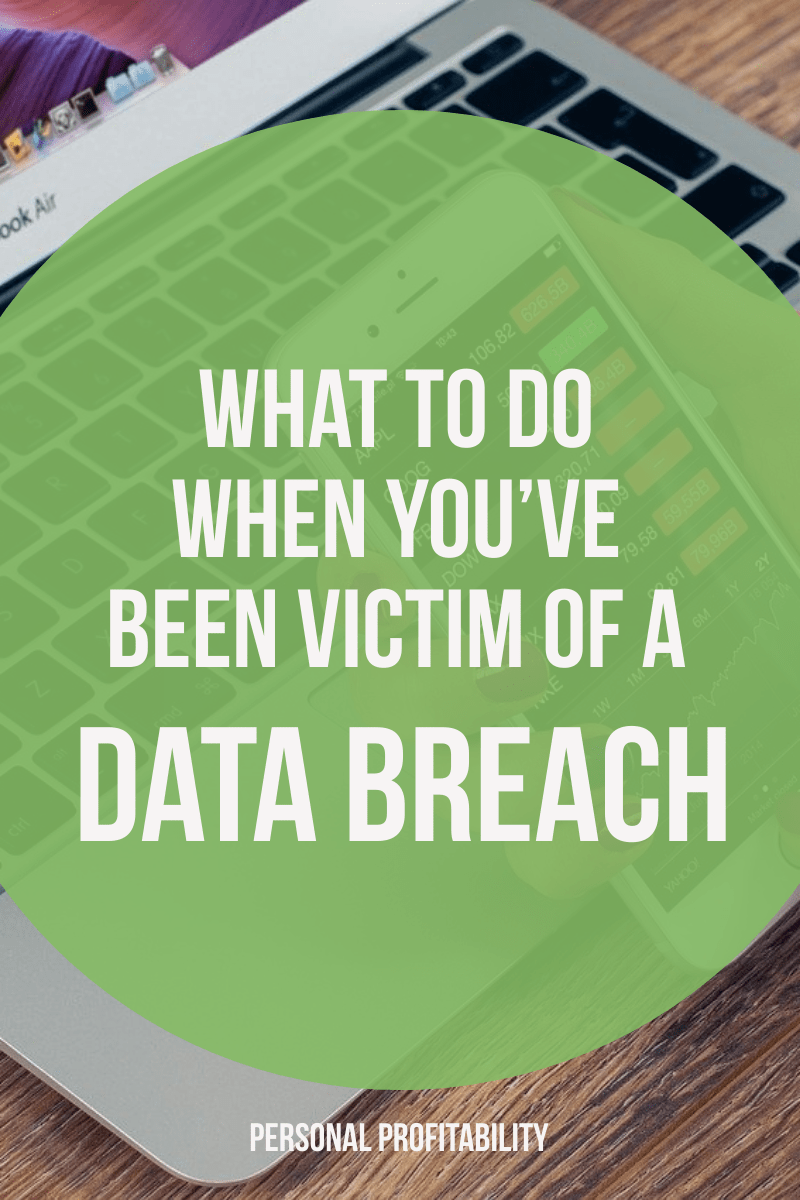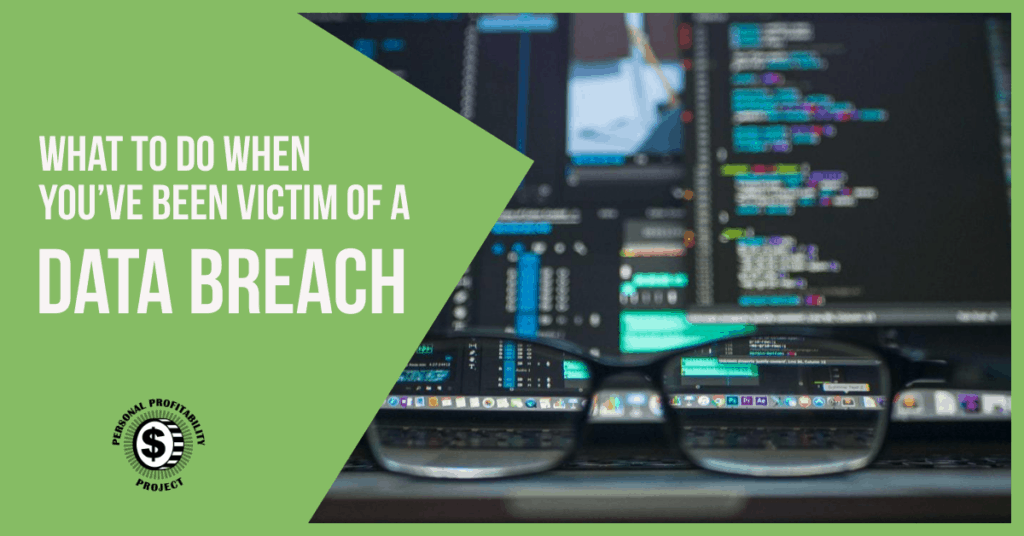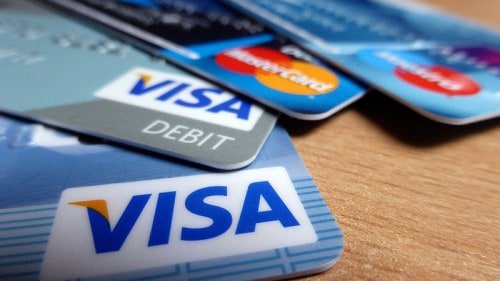Over the last few years, we have seen an unprecedented increase in leaks of credit and debit card numbers from large breaches, or hacks, where bad guys break into stores and steal information. I was a victim of one major data breach, along with millions of others. Here is what to do if your information is stolen, and how to prevent problems in the future with this new wave of breaches.

What is a Data Breach?
A data breach happens when hackers are able to break into a company’s computers and steal customer information. This happens when a very smart hacker, or when there are unsound security policies. This has happened to big companies, government agencies, and universities over recent months and years. And the trend is not slowing down.
In 2013, Target was hacked and 42 million people had their information leaked, myself included. When Home Depot was breached a short time later, 56 million card numbers were leaked along with 53 million email addresses.
Those are the two highest-profile breaches, but there have been plenty of others. Each time this happens, your personal information is at risk. When the Target breach took place, my credit card number that I used for a purchase at a Target store became public information for sale to the highest bidder.
While that sounds like a scary proposition, you can take steps to prevent any financial losses. Being proactive is important to keep hassles and losses to a minimum.
What to Do When You are the Victim of a Data Breach
If you have received word from a place you’ve shopped, your bank, or the media that your data was leaked in a data breach, don’t panic. Everything will be fine.
If fraudulent charges are made on your credit card or debit card, you are not liable for the charges. Your cardholder agreement protects you from fraud. Your bank and the merchant share some liability for the fraud. In most cases, the bank will cover the cost of the fraudulent charges.
That said, you should still act proactively to ensure you don’t suffer any undue hardship, or even worse get stuck with the bill for fraud.
How to Prevent Problems
After my card number was stolen, I received a letter from Chase telling me that my card information was stolen and to be alert for any possible fraudulent transactions. Eventually, the bank relented and sent me a new card with a new number.
I was not worried about fraud, because with a credit card my personal assets are protected. If you ever see fraud on your credit card account let the bank know (immediately). They will remove the charges from your account.
If your debit card information was stolen, that is a whole different story. It is important that you demand a new account number right away, even if the bank does not offer one.
If someone gets ahold of your debit card number, they can drain all of the funds out of your bank account. While you will get the money back after filing a fraud claim, it can take weeks, or in the worst case months, before you get your money back. This is one of the reasons I encourage people to use credit cards for all purchases – in addition to miles and points, if you are able to avoid excessive spending and pay off your balance in full each month.
To summarize, if your credit card number is stolen, keep a close watch on your statements, and report any fraud if you see it. If your debit card is stolen, request a new one right away.
Questions and Stories
Have you ever been the victim of credit or debit card fraud? Please share your story and how you solved it. If you have any questions, leave them in the comments below.





It’s such a pain having to worry about identity theft. I got a new credit card after the Home Depot thing and got the free credit monitoring after Target’s breach. I remember another time I got a credit card in the mail and it looked like someone had rubbed carbon paper on the envelope because the entire credit card number was legible from the outside. So that one went in the trash and I had to get another one. I only have two credit cards now and really just use one. It means changing a lot of autopays when fraud is suspected, but I prefer to have minimal cards to worry about.
I am a serious travel hacker, so I have around 10-15 credit cards, plus my one debit card. I almost never use the debit card. I know the credit cards have me protected, but it is a bit of a hassle when you get a new number and have to change all of your auto payments. Totally agree!